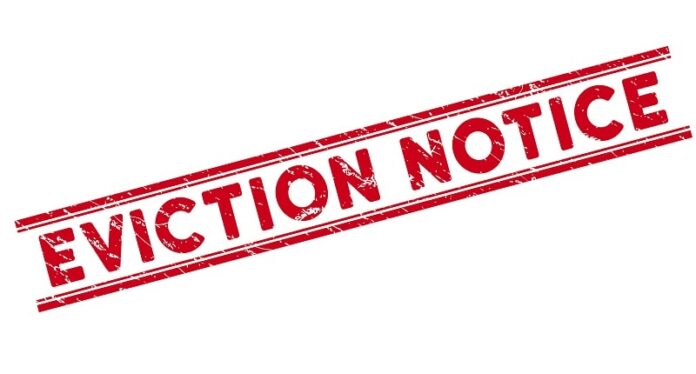A temporary ban on bailiff-enforced evictions in the UK is set to end today, opening a new chapter in landlord-renter relationships across the country.
The bank, which has been in force since March last year and later extended, meant that landlords seeking to evict tenants for non-payment have had to hold off on doing so for over a year. While eviction notice periods were extended to six months during the pandemic, these will be shortened to four months from tomorrow. From 1 October, if lockdown easing continues as planned, these will go back to the normal two months.
As the ban enters its endgame, there are questions over what landlords should do next and how they can recoup revenue lost in this time.
Some have welcomed the end of the eviction ban as good news. Amongst these were Neil Cobbold, chief sales officer at PayProp. He said that it was ‘welcome’ and an opportunity for a rethink of the current eviction system.
He added: “We’ve already seen the government trialling a mediation service to solve landlord-tenant disputes before a full court hearing. If the trials are successful, this can become accepted practice and really help to lessen the number of disputes between the main parties involved in a rental transaction.”
Cobbold said that while going to court may be necessary, reducing backlogs through mediation would enable those cases to process through the system at a much-quicker rate.
He added: “No matter how successful mediation proves to be, a speedy and effective repossession system will always be necessary. The government has said that it will conduct a review of renters’ rights later this year with input from the industry, and the planned publication of its consultation into scrapping Section 21 evictions could also shed some light on its ideas for the future of repossession.”
Others warned that the government should be cautious in its next steps. I. Stephanie Boyce, president of the Law Society of England and Wales, said that legal aid support should be given to tenants facing homelessness.
Boyce added: “While all efforts should be made to keep tenants and landlords talking and to ensure court litigation is undertaken as a last resort, caution should continue to be exercised around replacing legal advice with mediation. While the cases of Covid-19 have significantly reduced, the economic impacts of the pandemic continue. A balancing of tenant and landlord rights, therefore, needs to continue to be undertaken.”
Credit: Source link













